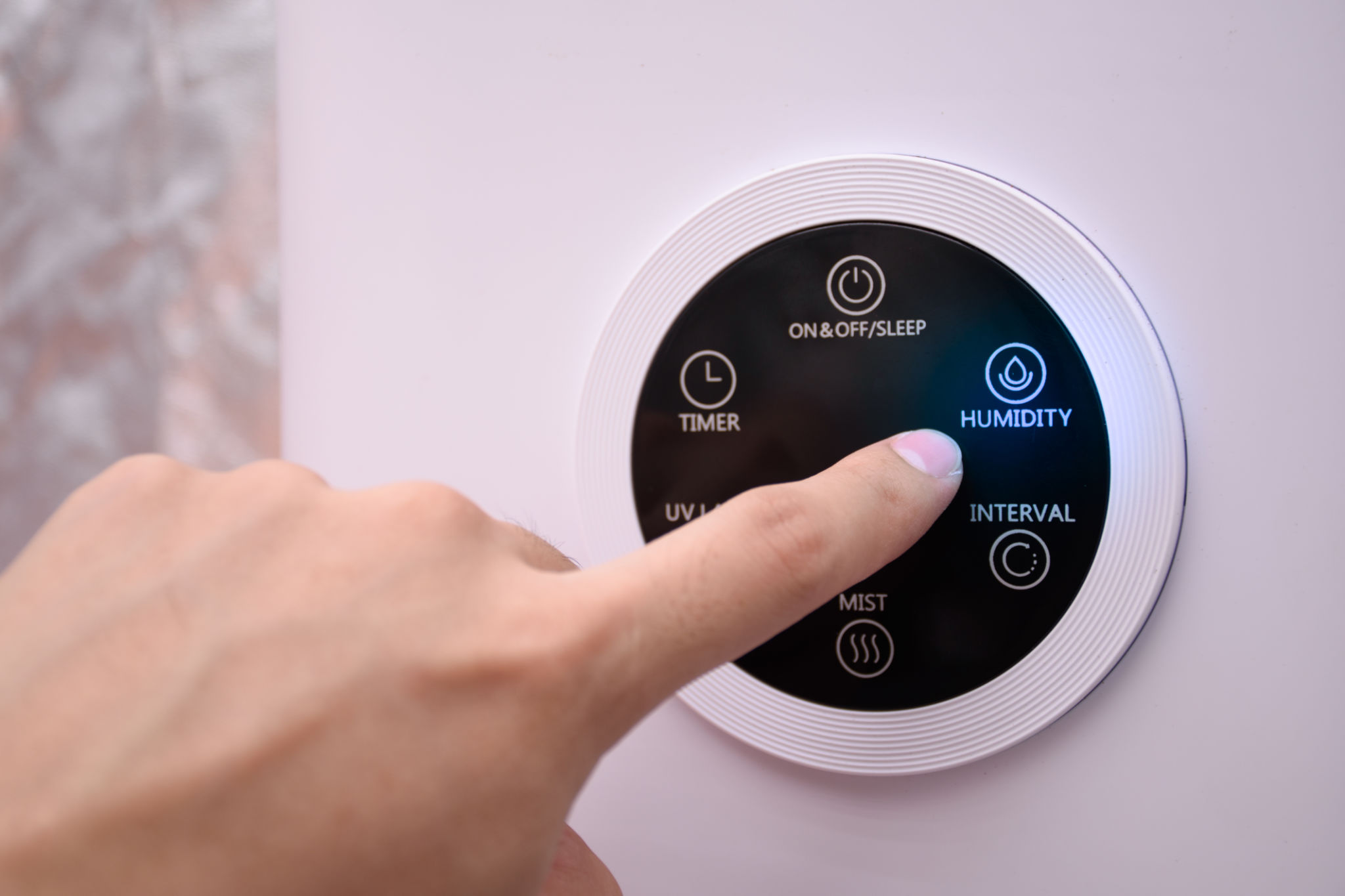Expert Insights: Common Piano Repair Mistakes and How to Avoid Them
Understanding Common Piano Repair Mistakes
For both amateur and professional pianists, maintaining a piano in optimal condition is crucial. However, even the most well-intentioned repairs can sometimes lead to mistakes. Identifying these common errors can help prevent unnecessary damage and preserve the instrument's longevity.
A frequent mistake is attempting to repair complex issues without adequate knowledge or experience. Pianos are intricate instruments with delicate parts that require specialized skills to handle. Trying to fix tuning issues or replace strings without proper training can lead to further damage.

Using Incorrect Tools
Another prevalent error is using the wrong tools for the job. Pianos require specific equipment, such as tuning hammers or regulation tools, designed for precise adjustments. Utilizing makeshift tools or regular household items can result in inaccuracies and potential harm to the piano.
Investing in the proper tools is essential for successful repairs. It's worthwhile to either purchase or rent the necessary equipment, or better yet, hire a professional technician who already has access to these tools.
The Importance of Regular Maintenance
Skipping regular maintenance is another common mistake that can lead to more significant problems over time. Regular tuning and inspections by a professional can help identify minor issues before they escalate into costly repairs.

Consistent maintenance not only ensures the piano stays in tune but also helps maintain the overall health of the instrument. Regular check-ups can prolong the life of your piano, keeping it sounding and performing at its best.
Ignoring Environmental Factors
Pianos are highly sensitive to environmental changes. Failing to control humidity levels and temperature fluctuations can cause wood and metal components to warp or corrode, leading to expensive repairs.
To protect your piano, consider investing in a humidity control system or placing humidity-regulating devices near the instrument. Keeping the piano away from direct sunlight and heat sources is also crucial in maintaining its condition.

Consulting with Professionals
Finally, avoiding professional advice is a significant mistake many piano owners make. While DIY solutions might seem cost-effective initially, they often result in more extensive damage that requires professional intervention.
Consulting with a certified piano technician ensures that repairs are done correctly and efficiently. Experts can provide valuable insights and recommend maintenance practices tailored to your specific instrument.
By understanding these common mistakes and taking proactive measures, you can ensure your piano remains a source of beautiful music for years to come.
